Affiliate links on Android Authority may earn us a commission. Learn more.
2022, the year Google came so close but didn't quite nail it
Published onDecember 25, 2022
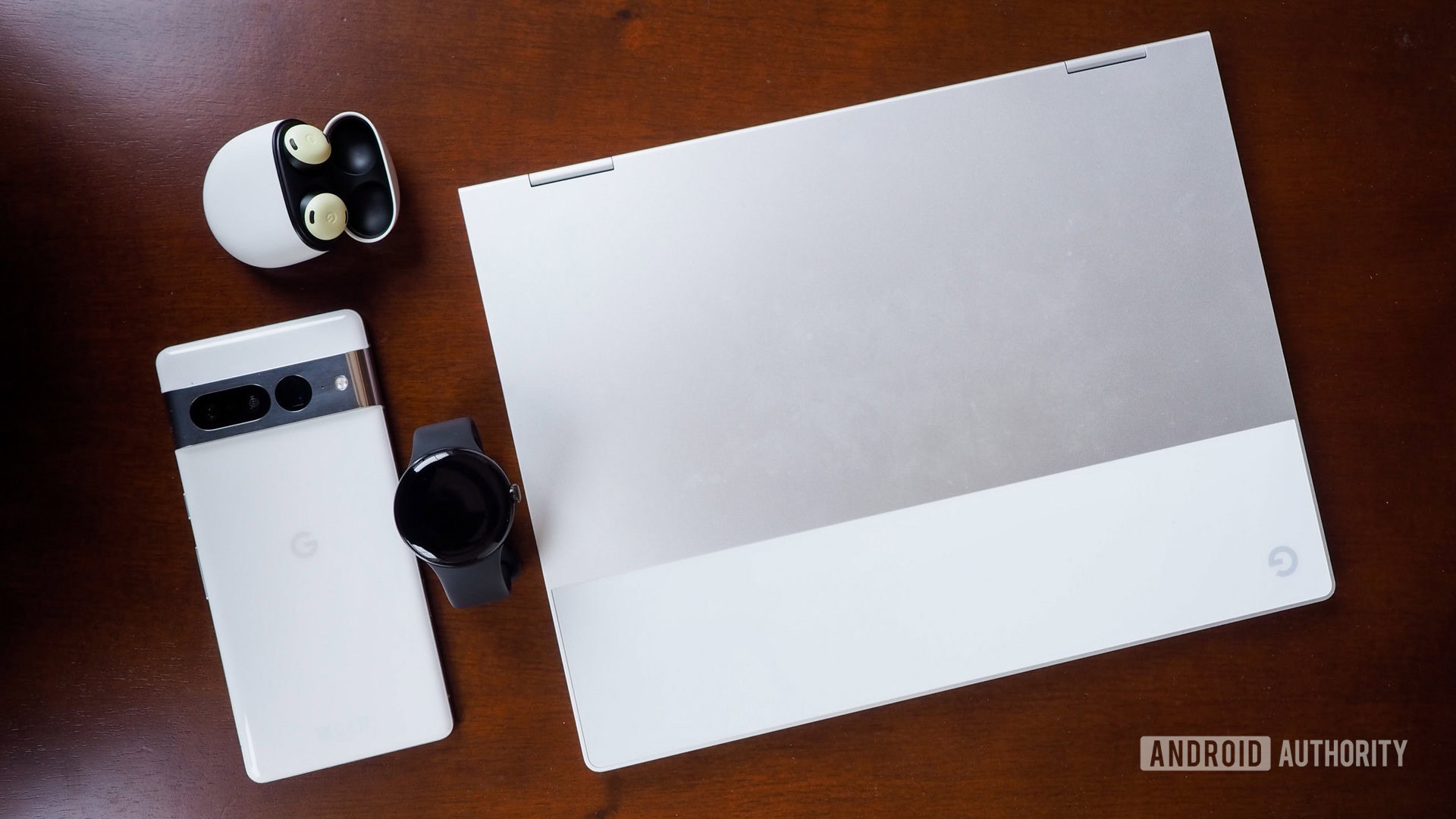
Oh Google, will you ever land a flawless year? The darling of Android fans worldwide, big G seems caught in a perpetual cycle of taking a leap forward, followed quickly by two steps back.
Although Google’s 2022 is still likely to be defined by the warmly received Pixel 7 series, an otherwise solid year has been let down by familiar issues. Whether it’s not-quite-right hardware launches or the familiar cadence of service shutdowns, there’s seemingly always something to spoil the party.
What do you think of Google's 2022 year in hardware and software?
Hardware we want to buy into
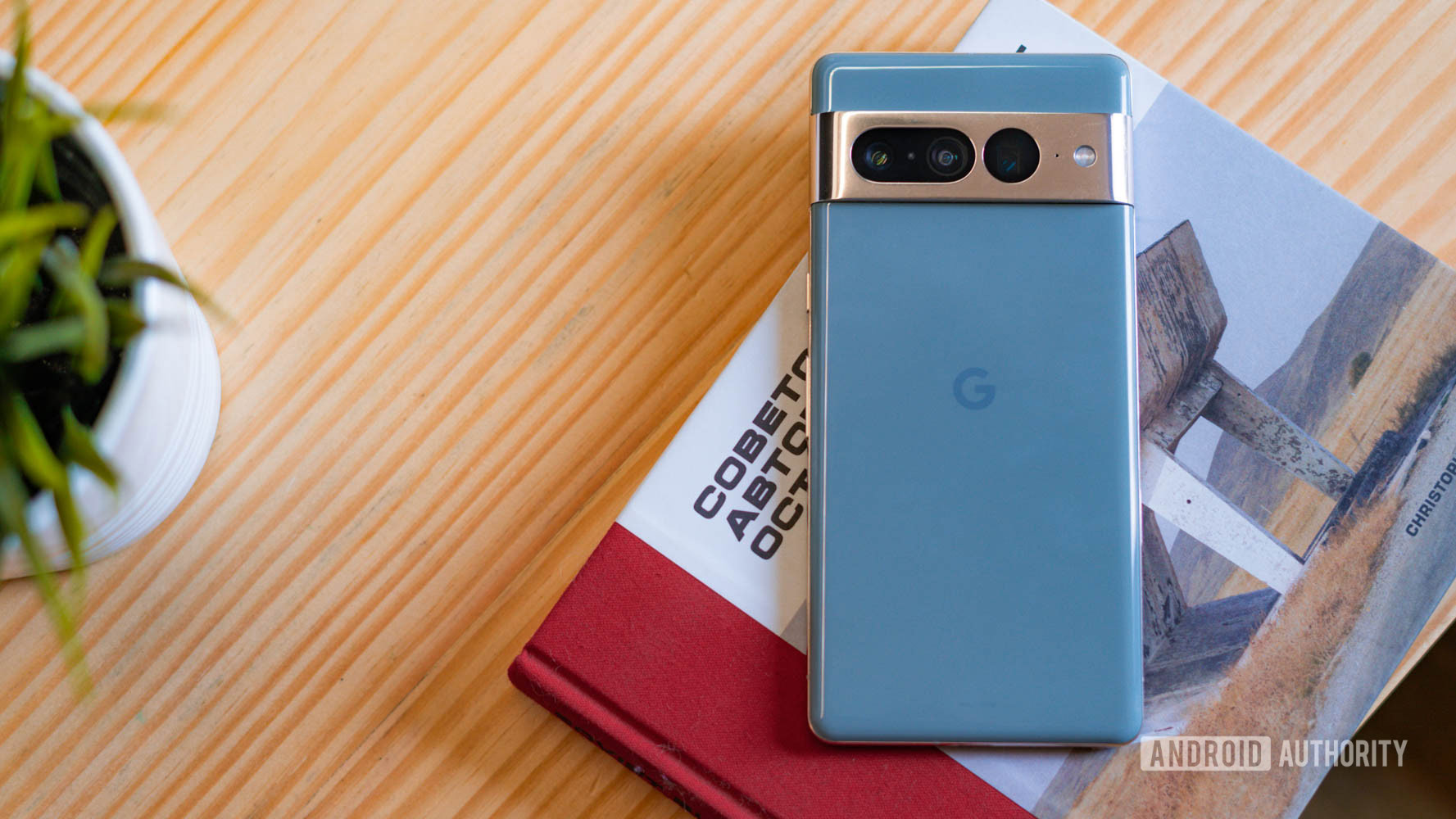
2022 really serves as the perfect example of the state of Google as a consumer-facing company. Initially, fans rode the high of the near-flawless launch of the Pixel 7 series. The two phones refined the already solid Pixel 6 range, ironing out a few first-gen hardware issues and doubling down on Google’s exclusive software features.
It’s odd to say, but Google is one of the few companies that seem to understand where hardware and utility meet. Perhaps it’s a fluke, but that’s a fading concern with each passing generation. The Pixel series’ focus on AI smarts, such as real-time transcription, paired with best-in-class photography capabilities, feeds right into core consumer needs. Google’s Pixel isn’t a showcase for absolute cutting-edge mobile technology, but the broader package comes together to provide everything you need and then some.
Pixel's patented blend of AI and photography is a growing influence on the Android ecosystem.
In hindsight, the company’s decision to go the custom silicon route with Tensor was a smart one. It’s enabled the brand to carve out a unique market position that (finally) doesn’t just appeal to the Android enthusiast crowd. Bundled with a competitive price tag that’s virtually impossible to beat, the Pixel series’ influence on the Android ecosystem is growing exponentially.
Our verdicts: Google Pixel 7 review | Google Pixel 7 Pro review
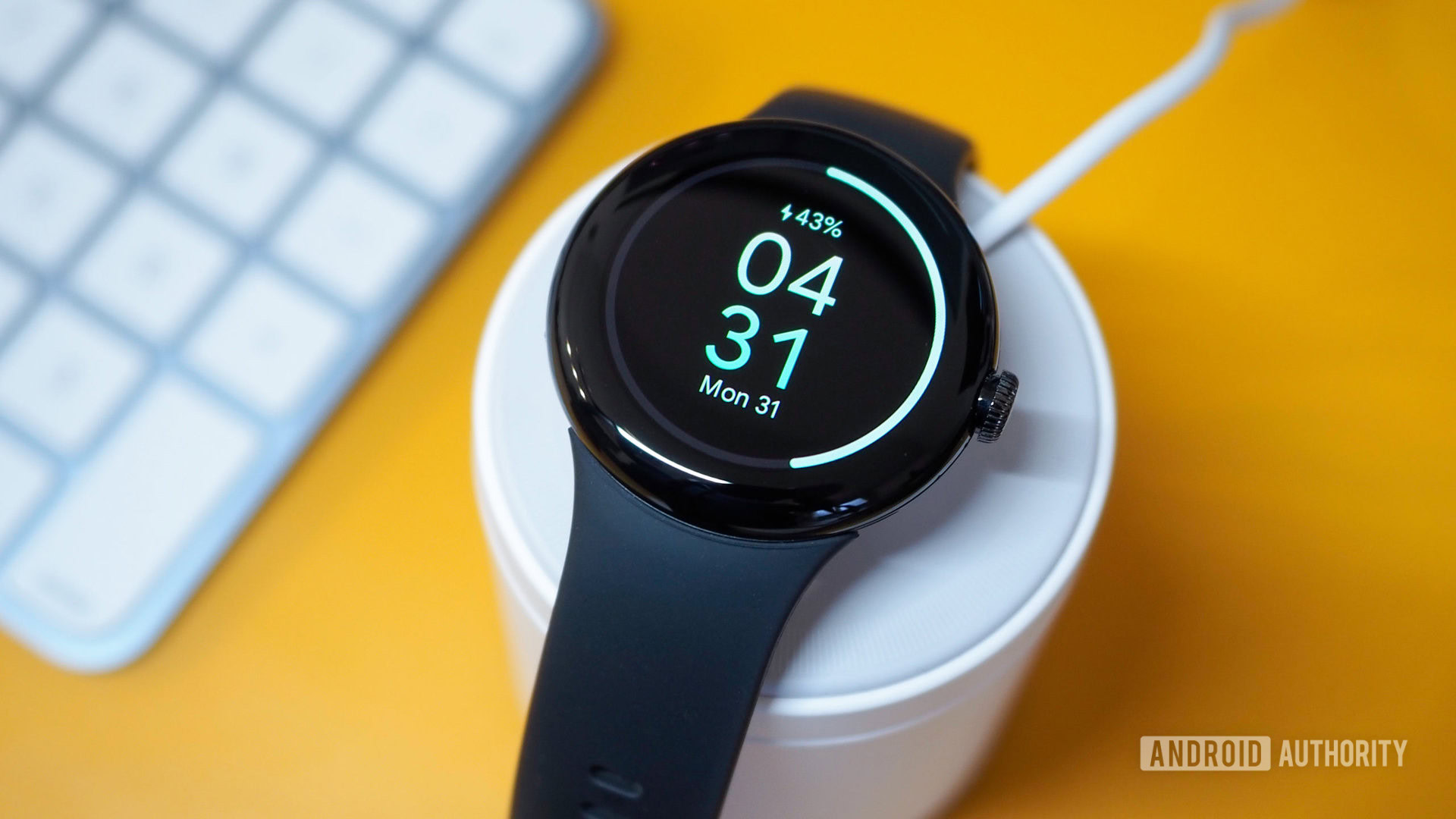
In contrast, the long-anticipated yet ultimately middling Pixel Watch feels a world away from the increasingly cohesive Pixel smartphone series.
With battery life that ranges from barely OK to dismal, a bezel from the last decade, and the absence of some essential fitness tracking tools, Google’s first wearable is hardly shaking up the market in the same way its phones have. We called the Watch “a flawed but promising start,” but that’s little consolation given its flagship $349 price tag.
Our thoughts: Google Pixel Watch review
There’s suspicion aplenty that the Watch was stuck with aging hardware owing to years trapped in development hell. Whether or not that’s true, it’s clear that smartwatch hardware hasn’t seen the same level of attention and investment that its handsets have, leading to a vast difference in quality between this year’s two key releases.
There's a worry difference in quality between Google's two key 2022 launches.
The problem for Google is that it’s clearly moving quickly into a broad ecosystem play. We already have the decent Pixel Buds Pro, a storage-limited Chromecast with Google TV, plus a Pixel Tablet on the horizon for next year, positioning the brand’s portfolio as a rival to Apple and Samsung in terms of breadth. Yet the erratic quality of Google’s hardware makes it hard to envision investing in the entire portfolio, even if the Tablet is a hit.
Furthermore, that ecosystem will now be without a modern entry in the PC market. Google abandoned future plans for its Pixelbook line-up part way through 2022. While it remains committed to Chrome OS as a software proposition, big G will rely on partners to fulfill its hardware vision. This certainly feels at odds with its other recent hardware pushes into the Android and Wear OS spaces. Perhaps Google simply feels there’s less influence to wield in the well-established PC hardware space and is content to steer the ship via software.
But a software ecosystem that’s hard to trust
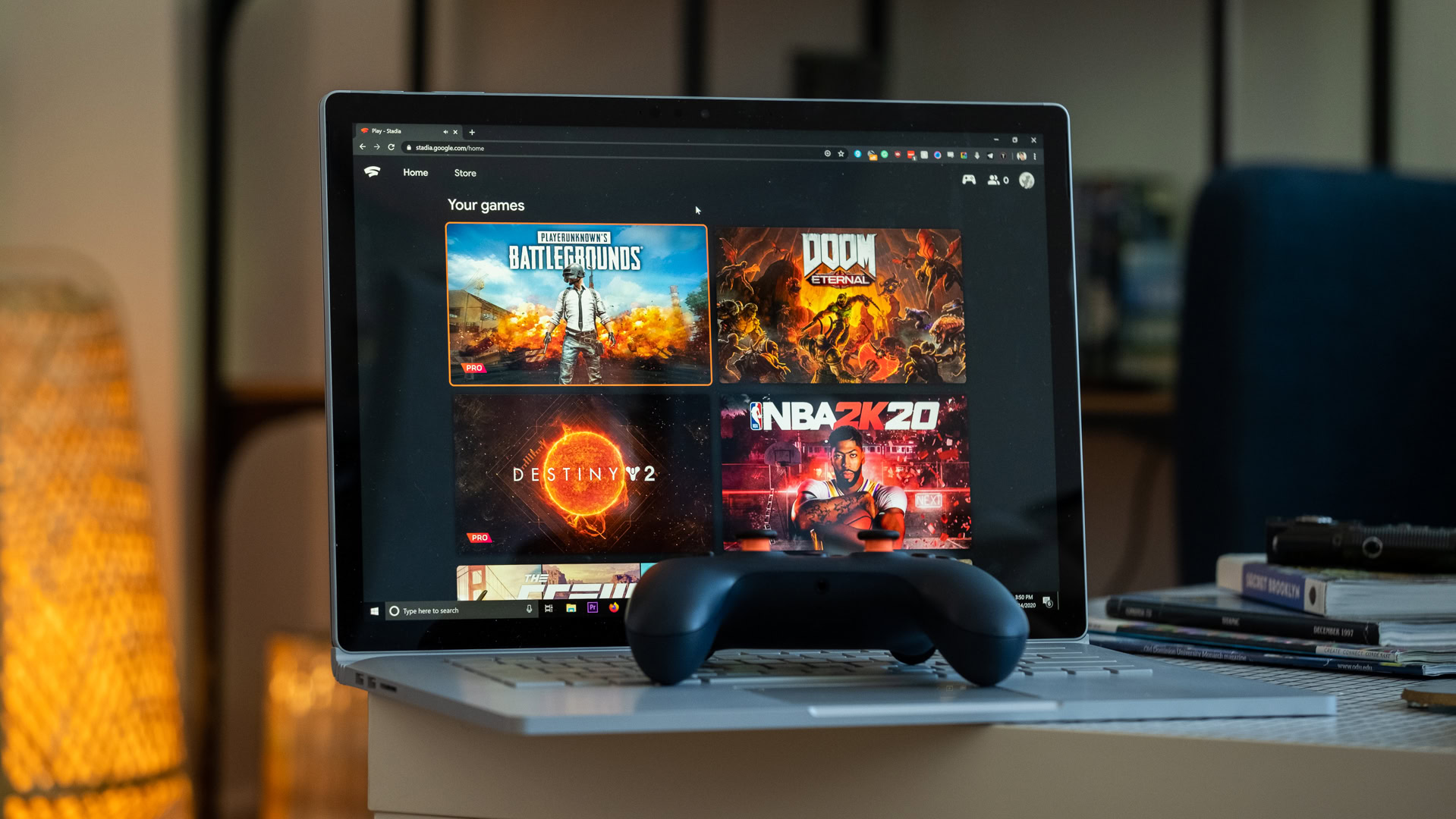
Even if Google nailed its hardware launches this year, the typical mishandling of its various service operations continues to give potential customers pause before bedding down with the company long term.
Somewhat predictably, Google Stadia is no more. While perhaps destined to struggle against console cloud gaming, Stadia was equally a victim of Google’s reputation for killing services. Anyone familiar with Google’s track record would have thought it unwise to invest hundreds into games they may lose in just a few years. And so the prophecy was fulfilled — a lack of customers killed the service.
Read more: Killing Stadia makes me trust Google less
Bizarrely, Google has become pointlessly focused on battling it out with Apple over the already RCS messaging platform and iMessage, despite its history of failed messaging platforms. We’re still fighting against hit-and-miss smart home controls. Meanwhile, missing Fitbit features from the Pixel Watch, including automatic workout detection, suggests a lack of full coordination between the countless arms of the Google software monster. Prioritizing core features it wants at the heart of its ecosystem would result in fewer but much tighter software products.
Outside of phones, there's not always a clear gameplan for Google's software services.
It’s not all disasters, though. Turning back to Pixel handsets, free Google One VPN use, ever-improving Google Photos features, and initiatives like Google TV content aggregation are helping to solve user pain points and provide solid value for money. Once again, it seems like Google has a much clearer idea about what it’s doing in the smartphone realm than it does elsewhere. Even so, there’s a lingering question about how many of these extra services you can trust enough to invest in long-term.
Looking forward to 2023
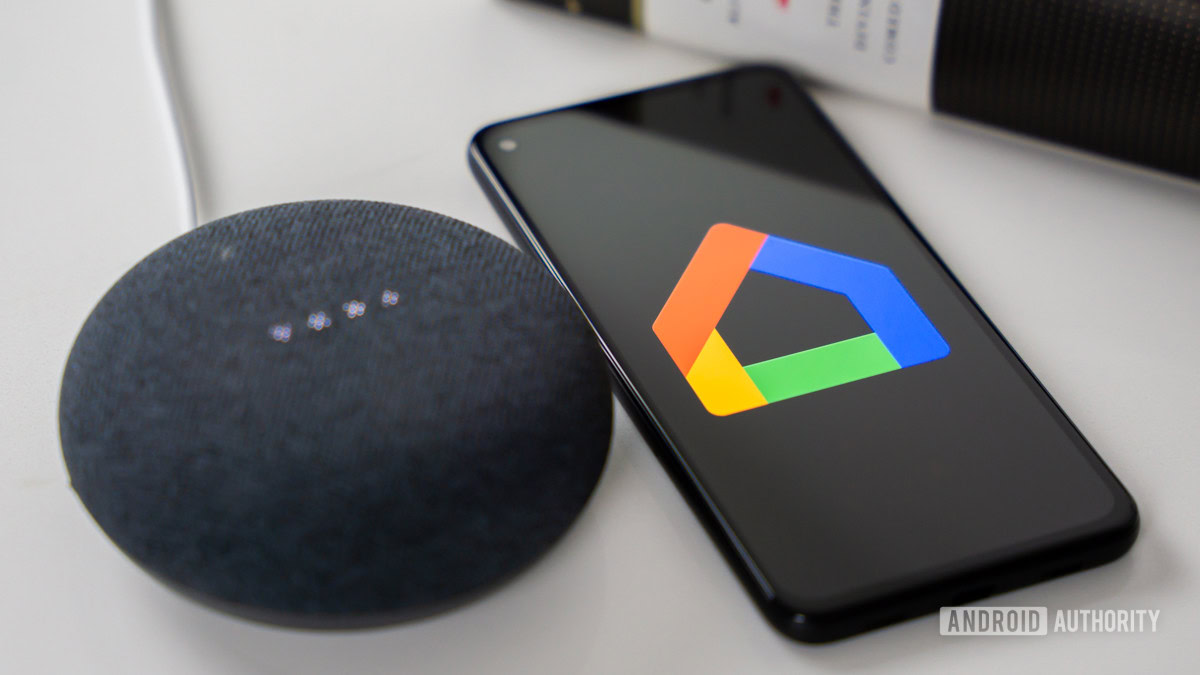
Google’s 2022 has been a story of two halves. Lingering inconsistencies in both its hardware and software platforms continue to dent the brand’s realistic chances of providing an expansive ecosystem that can cater to the same crowd as Apple and Samsung. While not every venture can be a winner, we’ve previously called for much more consistency, and that’s still the key missing ingredient when looking at Google on the whole.
That said, this has been Google’s most positive year in recent memory, at least from a hardware perspective. The Pixel 7 series is the best handset the brand has made to date and will undoubtedly go down as one of the year’s most recommended purchases across media outlets. Both our readers and our editors already picked it as the best phone of 2022. This is a promising sign of things that could be, providing the same clarity of thought is applied to the upcoming Tablet and a next-gen Watch.
2022 has left us wanting more in 2023.
The fog is finally clearing over Google’s ecosystem direction, and we’ve seen just how good Google hardware can be at its best. Taken as a whole, 2022 has left us wanting more, much more. We’ll just have to see if the company can remain focused enough to deliver on its potential in 2023.
Up next: Today’s Google is still paying for the mistakes of yesterday’s Google